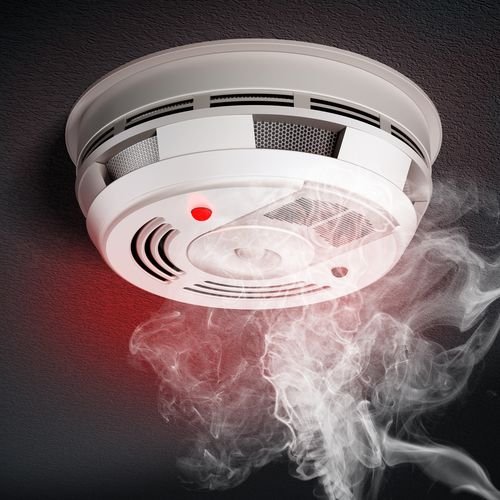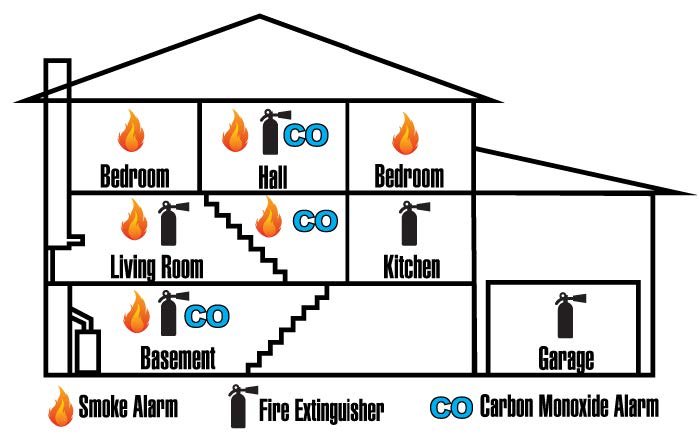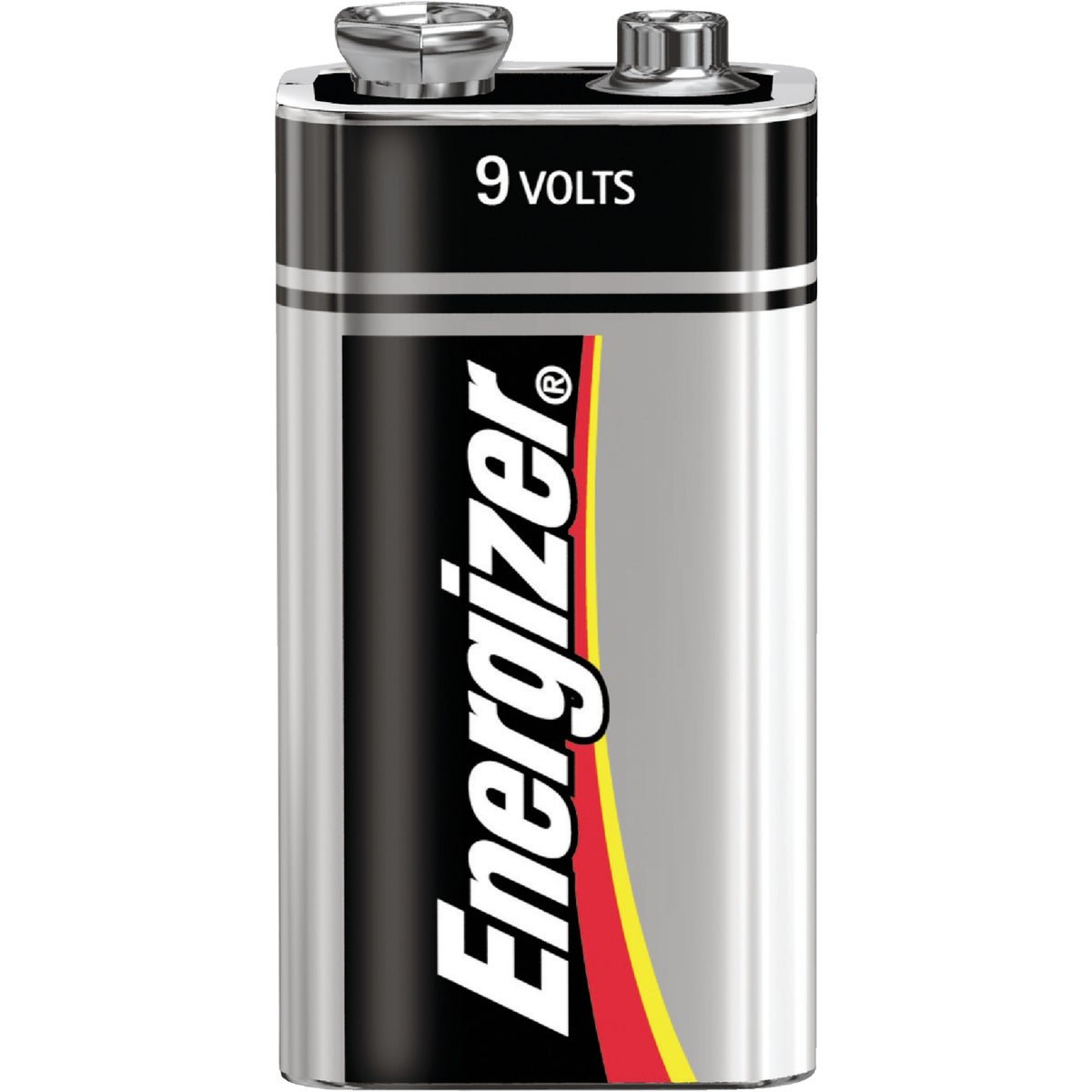Smoke Detectors
Plain And Simple, Smoke Detectors Save Lives.
It is estimated that if every home had working smoke alarms, U.S. residential fire deaths could drop by 36% (1100 lives saved per year.)
U.S. fire statistics for home structure fires from Years 2014–2018:
Smoke alarms were present in three-quarters (74 percent) of reported home fires.
42% of civilian deaths occurred in homes with operating smoke alarms.
16% of civilian deaths occurred in homes with smoke alarms present that did not operate.
41% of civilian deaths occurred in homes with no smoke alarms.
When present, hardwired smoke alarms operated in 94 percent of the fires.
Battery-powered alarms operated 82 percent of the time.
The risk of dying in reported home structure fires is 55 percent lower in homes with working smoke alarms.
Smoke Detectors Are Only Good For 10 Years.
The NFPA and all major detector manufacturers recommend replacing all smoke detectors after 10 years. We can do this for you.
How Many Smoke Detectors Should My Home Have?
The NFPA reccomendation for smoke detectors is pretty simple. Refer to the illustration to the right.
Rooms that must have detectors include:
Every Bedroom
Hallways
Living Rooms
Offices
Rooms that do not require a smoke detector include:
Bathrooms
Kitchens
Laundry Rooms
Garages
Batteries Make A Difference…
Dead batteries are the leading cause of detector malfunction and failure to activate during a fire.
Alkaline Batteries are cheaper, but they must be replaced every 6 months per the NFPA.
Lithium Batteries are more expensive but are considered 10 year batteries.



